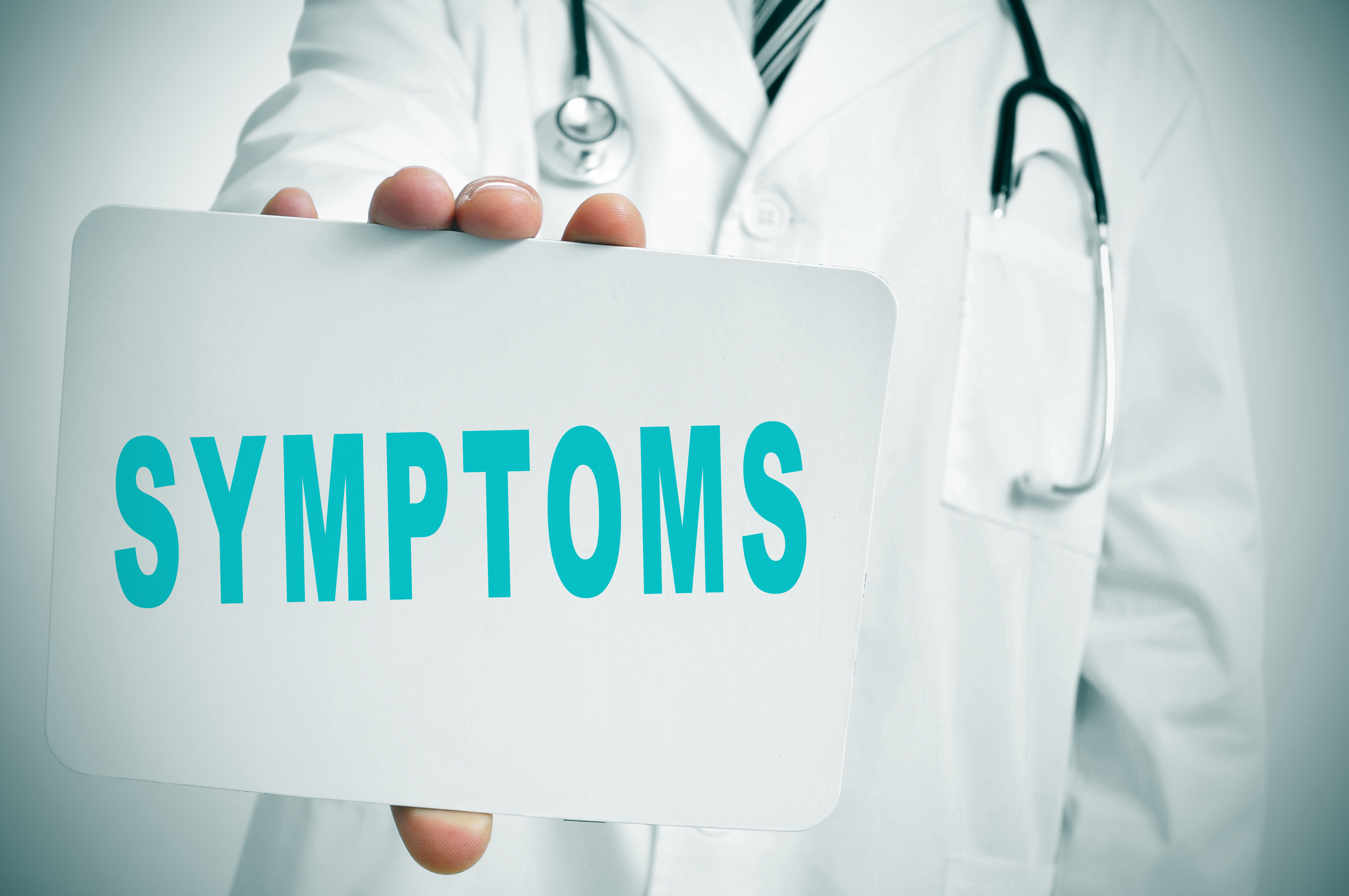
AIDS Basic Info & Symptoms
The most advanced stage of HIV infection
HIV is spread through contact with the blood, semen, pre-seminal fluid, rectal fluids, vaginal fluids, or breast milk of a person with HIV. HIV stands for human immunodeficiency virus, which is the virus that causes HIV infection. The abbreviation “HIV” can refer to the virus or to HIV infection. AIDS stands for acquired immunodeficiency syndrome. AIDS is the most advanced stage of HIV infection. HIV attacks and destroys the infection-fighting CD4 cells of the immune system. The loss of CD4 cells makes it difficult for the body to fight infections and certain cancers. Without treatment, HIV can gradually destroy the immune system and advance to AIDS. The spread of HIV from person to person is called HIV transmission. In the United States, HIV is spread mainly by having sex with or sharing drug injection equipment with someone who has HIV. You can’t get HIV by shaking hands or hugging a person who has HIV. You also can’t get HIV from contact with objects such as dishes, toilet seats, or door knobs used by a person with HIV. HIV does not spread through the air or through mosquito, tick, or other insect bites.

Symptoms
Within 2 to 4 weeks after a person becomes infected with HIV, they may have flu-like symptoms, such as fever, chills, or rash. The symptoms may last for a few weeks after they become infected. After this earliest stage of HIV infection, HIV continues to multiply but at very low levels. More severe symptoms of HIV infection generally don’t appear for many years.
SPREAD through
- Blood
- semen
- Pre-seminal fluids
- Vaginal fluids
- Rectal fluids
- Breast milk

Treatment
There is no cure for aids, but their are effective medications for fighting HIV.
The U.S. Food and Drug Administration (FDA) has approved a number of drugs for treating HIV and AIDS.
Drug treatments help reduce the HIV virus in your body, keep your immune system as healthy as possible and decrease the complications you may develop.
approved by the FDA for treating HIV and AIDS are
- Abacavir (Ziagen, ABC)
- Didanosine (Videx, dideoxyinosine, ddI)
- Emtricitabine (Emtriva, FTC)
- Lamivudine (Epivir, 3TC)
- Stavudine (zerit, d4T)
- Tebifovir (Viread, TDF)
- Zalcitabine (Hivid, ddC)
- Zidovudine (Retrovir, ZDV or AZT)



